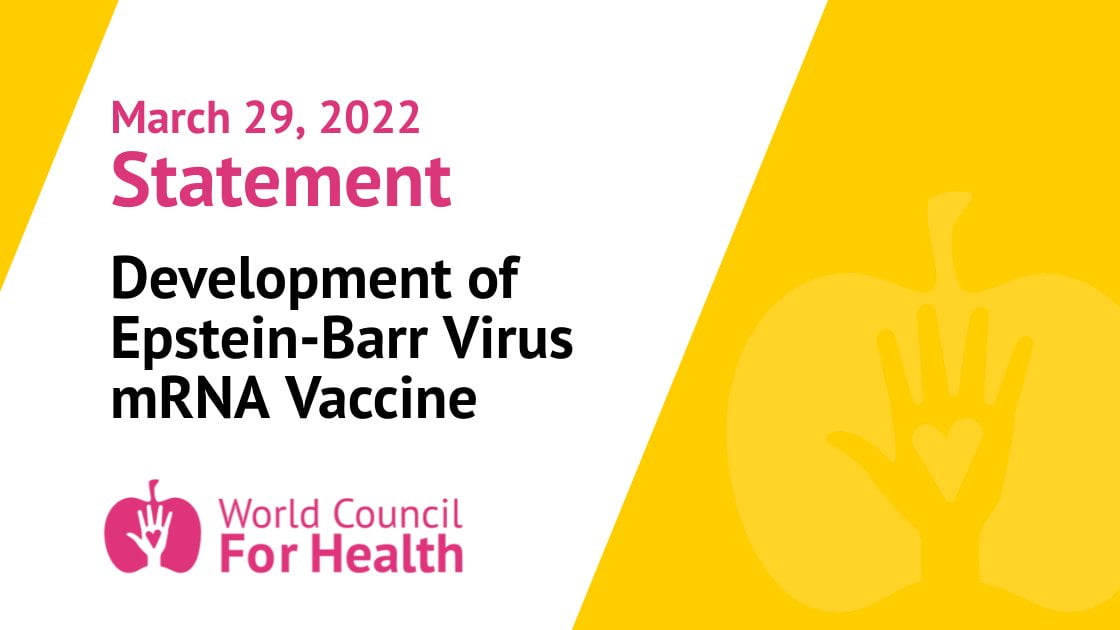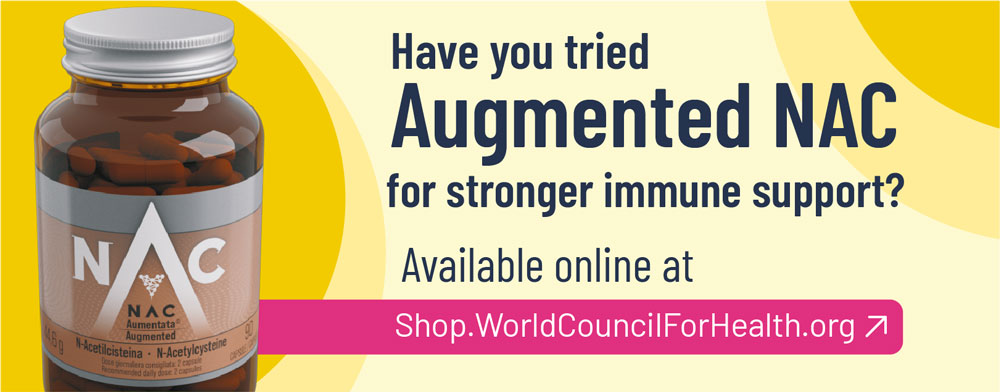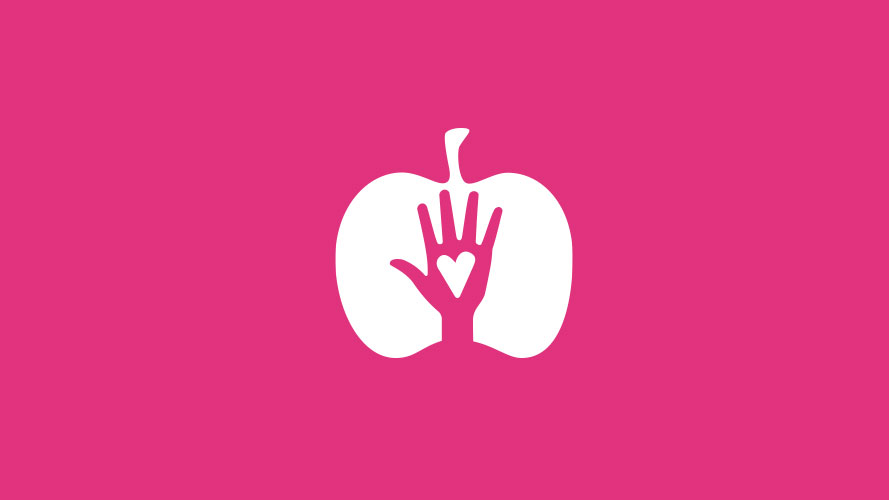The World Council for Health (WCH) opposes the planned use of mRNA vaccines currently in Phase 1 trial against the Epstein-Barr Virus. The WCH questions the legitimacy and safety of gene-based vaccine use on a widespread virus known to have multiple variants of which at least one variant is shown to infect 95% of the world’s population.
Epstein-Barr Virus (EBV) was discovered through its association with Burkitt Lymphoma in 1964 by physicians Drs Anthony Epstein and Yvonne Barr. EBV is a thriving human herpesvirus (HHV); 95% of the population has been shown to carry at least one variant of EBV. Some earlier known variants of the virus cause little or no symptoms and can remain in the organs for decades without causing problems. New variants and mutations are proving to be more aggressive and challenging. An article recently published in Science, provides evidence of a causal link between EBV and multiple sclerosis.
In view of the damage caused by mRNA injections, WCH opposes new vaccines, injections, and gene-therapies that are developed outside of the typical timespan and safety process. Therefore, we caution the rollout of more vaccines that lack adequate safety data and appropriate testing.
Since its discovery in 1964, the number of mutations of the EBV has multiplied, indicating that a mass vaccination strategy may not be appropriate. As we have previously warned, mass vaccination during a pandemic does not often have the advertised effect. Given the fact that the Epstein-Barr Virus is carried by a significant portion of the global population, the virus is now endemic.
While no specific conventional medical treatments have been established for treating recurrent or chronic EBV, sufficient evidence exists that many people are healing naturally from EBV. Research has identified medicinal plants as candidates that may be efficacious in treating and eradicating the Epstein-Barr Virus. Due to the overwhelming prevalence of EBV in the global population, WCH calls for an increase of resources and energy spent on understanding EBV and available safe treatment and prevention strategies.
MRNA vaccine technology has failed humanity
Novel mRNA ‘vaccine’ technology has not only failed to stop the spread of SARS-CoV-2 and aided in the evolution of new variants, but it has also caused injuries and untold suffering to an extent that has not yet been fully realized. The World Council for Health opposes the continued use of Covid-19 mRNA technology as well as any and all new development of mRNA technology injections for EBV, HIV, Marburg, or any other viral infection without full and long term safety data.








